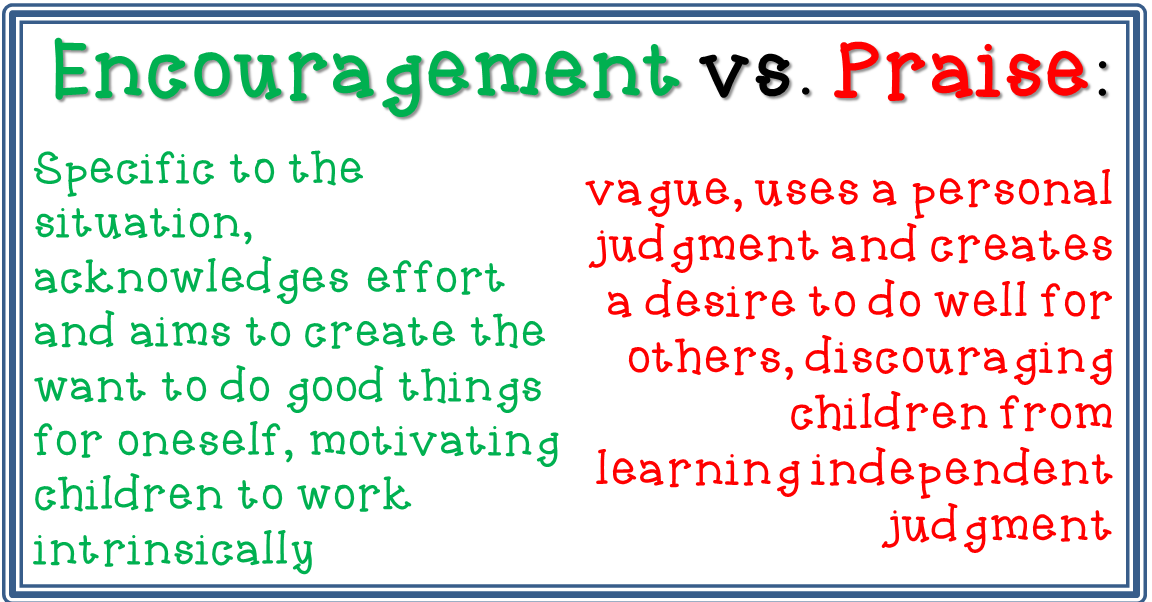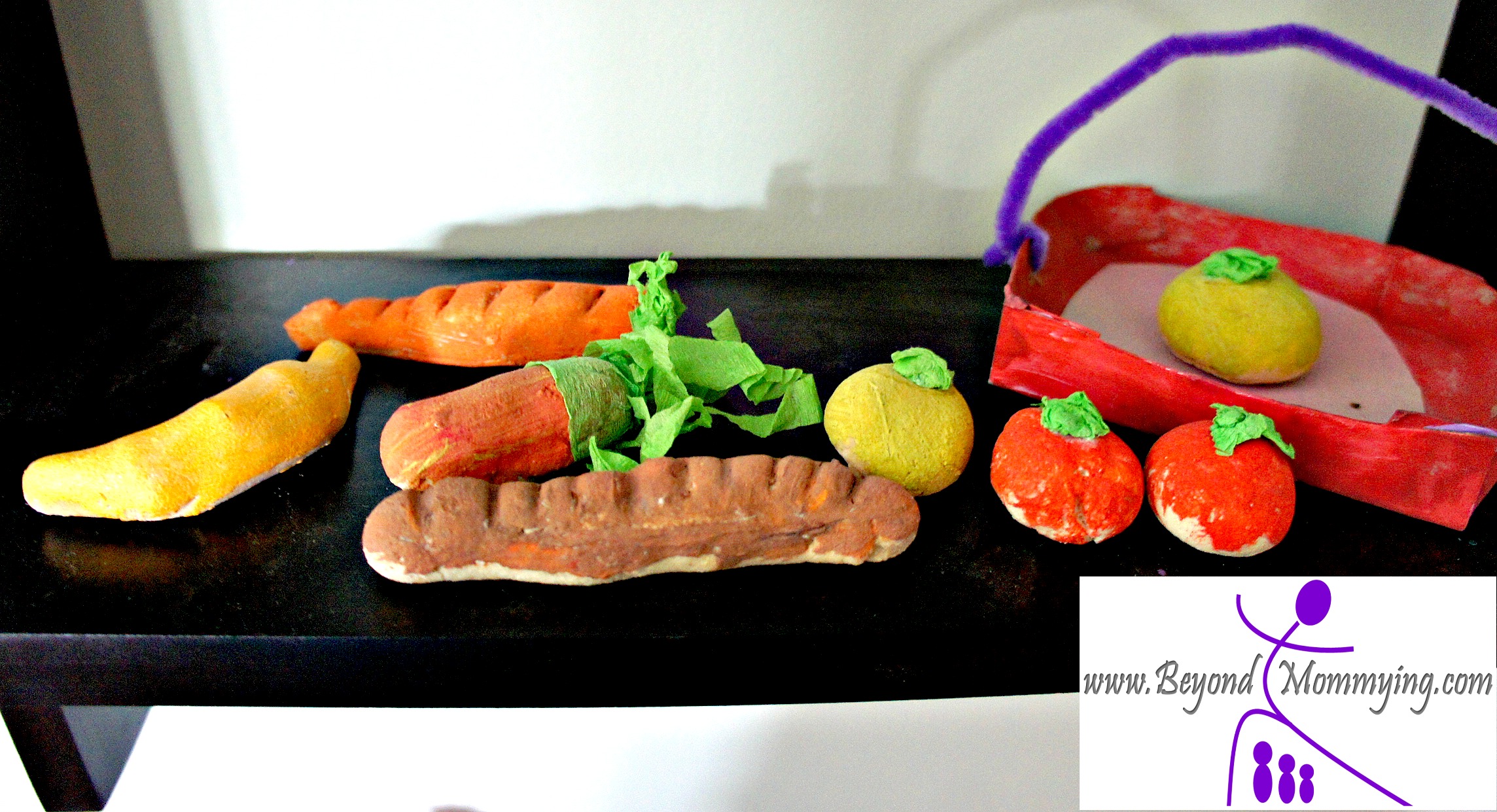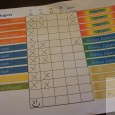Hate is a very strong word that I try not to use too much in life and there aren’t many things I truly hate in life. The list pretty much amounts to snakes, big spiders (Honeybun can tell you about the one in her bathroom that made me scream and run around crazy) and celery. The only other thing that instantly makes me cringe and my blood pressure rise is when someone tells my children “Good Job!” A kind stranger or new friend doesn’t irk me, but sometimes I want to punch family or friends we spend a lot of time with (and especially those who actually work with kids) who constantly use this phrase. (And don’t even get me started on people telling my girls “You’re so smart!” They already know how to use their cuteness against me, they don’t need any more weapons!)
I learned a lot my first year of working in a preschool classroom and although I never got along well with my co-teacher, I did learn a lot from watching her. But the most important thing I’ve taken into parenting from that first year is the one thing she actually sat down and taught me: the importance of encouraging children rather than praising. I still have the worksheets and the idea is something I have tried to share with every other team of teacher I’ve worked with since.
The main difference is that praising highlights how the speaker is feeling about a situation whereas encouragement focuses on how the doer feels. Praise is vague, uses a personal judgment and creates a desire to do well for others, discouraging children from learning independent judgment whereas encouragement should be specific to the situation, acknowledge effort and aims to create the want to do good things for oneself, motivating children to work intrinsically rather than for external rewards or praises.
Some Examples of Praising:
Good Job
Great Story
I like your picture
Your drawing is beautiful
You’re so smart
What a good helper you are
Some Examples of Encouragement:
You did it
You cleaned up so fast
You got all the pieces put in the right place
You worked a long time on your picture
When you help, we are ready so much quicker
We often use praise because it’s quick and easy. You can throw out a “good job!” without even having to analyze the situation, and this is my problem with it. It’s overused and has lost its meaning in our world. Everyone is “great!” and this is creating competition among children who learn to seek this kind of praise (even though society is trying to get rid of competition in children altogether).
Encouragement takes a lot more thought and (as the examples show) more words but, it helps children to see what they have done rather than how they made someone else feel. Encouragement helps children want to do better for themselves, not just for pleasing adults. When in a hurry I tend to use “You did it!” as a quick and easy encouragement.
Some tips for using encouragement:
Be Specific: highlight exactly what a child did
Focus on effort rather than the product: acknowledge improvement and progress
Avoid labeling children: instead of pointing out what they are (a nice boy, good helper), hilghlight what they did (you shared, you helped)
Focus on the child’s feelings, not your own: avoid “I like…” and instead go with “you look…”







“Good boy/girl” make me want to scream! I am proud to say that at least one teacher has changed that phrase to “S made good choices today!!” Why is good boy acceptable when “bad boy” is not… A good or bad choice doesn’t make a child good or bad.
Just the other day, I had someone actually ADD a “good job” to my specific encouragement. They felt like whati said was actually not enough! Have you ever encountered a child who is so used to praise that they look at you funny when you say “you tried and tried and finally you got the lid off!” its kind of comically disgusting. they learn what to expect so fast. but, I also tend to be the one they come back to later.
My brain used to be exhausted every night after school because I was working so hard to learn to encourage rather than praise (and to correct behavior positively). It’s not easy, but it’s worth it.
It’s definitely a process to re-learn how to talk to children but I do find it helps. My own girls rarely come to me looking for praise (I try to provide encouragement while they are working “wow, look how paint you used! It’s all over the paper and your clothes!”) Whereas when we are with family/friends that constantly praise they will take their pictures (often after a few scribbles and very little effort) to the adults to get the “good job!” or “it’s so beautiful!” It’s a really hard concept to get others to adopt who are around children as much as it’s something you have to do constantly to get good at it.
Love this — I try to practice this, but sometimes I slip with a ‘good job’ — but I cringe when I hear my husband say it lol :)
I still do a “good job!” once in awhile, but only when it’s really truly called for. And though I do find myself saying it more often with the baby than with my older girls, I conscientiously try to say “yay!” with him instead!